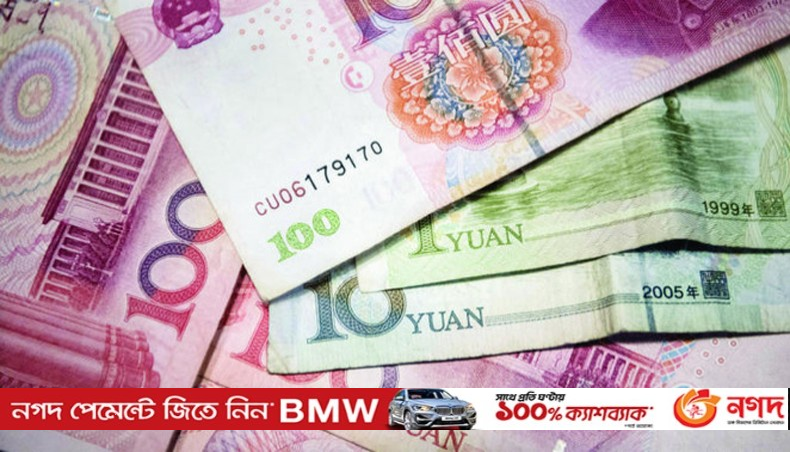beijingwalker
ELITE MEMBER

- Joined
- Nov 4, 2011
- Messages
- 65,191
- Reaction score
- -55
- Country
- Location
Bangladesh moves to repay Russian loans with yuan
Staff Correspondent | Published: 00:07, Apr 16,2023

Bangladesh has taken initiatives to repay loans to Russia with Chinese currency yuan after the regular system of making repayments through US dollars has remained suspended for the past several months.
Dollars will be converted into the yuan for paying back the loan, said officials referring to decisions taken in a meeting by the Economic Relations Division on Thursday.
Many Russian banks have been excluded from SWIFT, the leading global banking-transaction facilitating entity, after the country waged war on neighbouring Ukraine in February.
Since then, Dhaka has been facing problems in maintaining financial transactions with Moscow.
The disruption in banking transactions has delayed the repayment of more than $300 million by Bangladesh to Russia against more than $12 billion borrowed from that country for the construction of a nuclear power plant in Ishwardy.
Officials attending the ERD meeting, however, termed the initiative to be in a very initial stage,
A lot of things will need to be done before introducing the repayment of loans with a new third currency instead the traditional dollar, they said.
Science and technology ministry secretary Ziaul Hasan said that payment clauses in two loan agreements between Bangladesh and Russia on the Rooppur Nuclear Power Plant needed to be changed.
The clauses will be modified to include a new third country currency in the payment system, he said on Saturday.
Besides, Dhaka has to rely on the cross-border interbank payment system through the yuan launched by China in 2015 as an alternative to SWIFT.
Economic Relations Division officials said that much of the initiative depended on Bangladesh Bank.
While commenting on the ERD decision, BB spokesman Mezbaul Haque said that they were yet to know about it officially.
‘I cannot make any comment on the issue right now,’ he said.
Other BB officials, however, said that the execution of the ERD decision would not be a big task for the central bank.
In fact, the BB has suggested a number of ways to solve the repayment-related issue after Russia wanted payment in its currency ruble.
According to ERD officials, Russia wanted repayments in the ruble, bypassing the normal global system.
Several rounds of virtual meetings were held between the two sides but without any conclusion yet, they said.

Move to repay Russian loans with yuan
Bangladesh has taken initiatives to repay loans to Russia with Chinese currency yuan after the regular system of making repayments through US dollars has remained...
 www.newagebd.net
www.newagebd.net
